9 Foods Athletes Should Never Eat Slideshow
These contain caffeine and other stimulant additives. The stress they put on the heart can be dangerous to anyone, but in particular an athlete who is putting their heart under stress during an athletic event. — Kelly Aronica
Partially-Hydrogenated Vegetable Oil
These primarily man-made oils have been shown to raise risk of heart disease. They're found in many commercially baked goods, fried foods, and some margarines. Look for it in the ingredient list. — Kelly Aronica
Artificial Sweeteners
Eating artificial sweeteners may actually increase sugar cravings. Skip the diet soda, "lite" cookies, and sugar-free snacks. — Kelly Aronica
High-Fructose Corn Syrup
This super-sweet sugar is found in all kinds of surprising places. Generally, foods that contain it are overly sweet and overly processed, leading to foods that have few nutrients and fiber. — Kelly Aronica
Refined White Flour
Athletes have increased needs for vitamins and minerals. So they should avoid refined white flour and maximize their intake of those vitamins and minerals by eating whole grains wherever possible. — Kelly Aronica
High-Salt Foods
Salt intake causes fluid imbalances in the body and athletes need to pay more attention to their hydration level than a non-athlete. Our greatest intake of sodium comes from packaged/frozen foods and restaurants. Read labels to see how much sodium is in the food you're eating (your goal is around 2,400 mg per day). Some frozen entrées have half that much, and some restaurant entrées can have a whole day's supply. — Kelly Aronica
Bacon Double-Cheeseburgers
An occasional burger with toppings is fine, but it should be done only on special occasions. The meat, bacon, and cheese all contain lots of saturated fat. And most burgers come with a side of fries, which adds more unhealthy fat to the meal. — Kelly Aronica
Over-Consuming Alcohol
Alcohol has a depressant effect on the body and is a powerful diuretic, meaning it leaves you very dehydrated. Both of these things will have an effect on athletic performance. An athlete in serious training or in preparation for a big event should drink alcohol in moderation or avoid it until after the big event. — Kelly Aronica
Overeating Calories
Not a food, but a large meal will make the body sluggish and sleepy, and will inhibit performance while the meal is being digested. Keep meals light during the four to six hours before any competition. — Kelly Aronica
